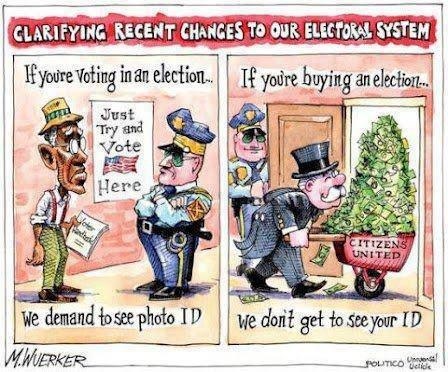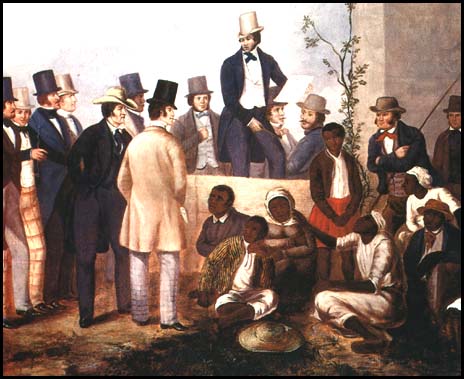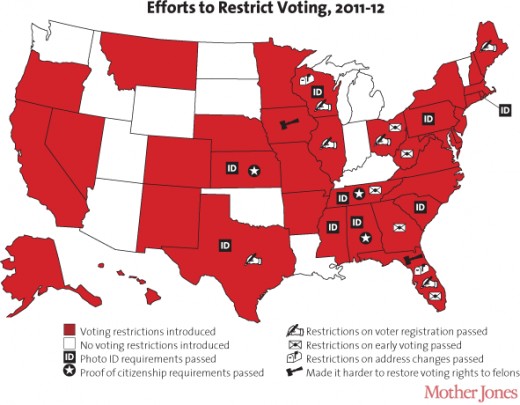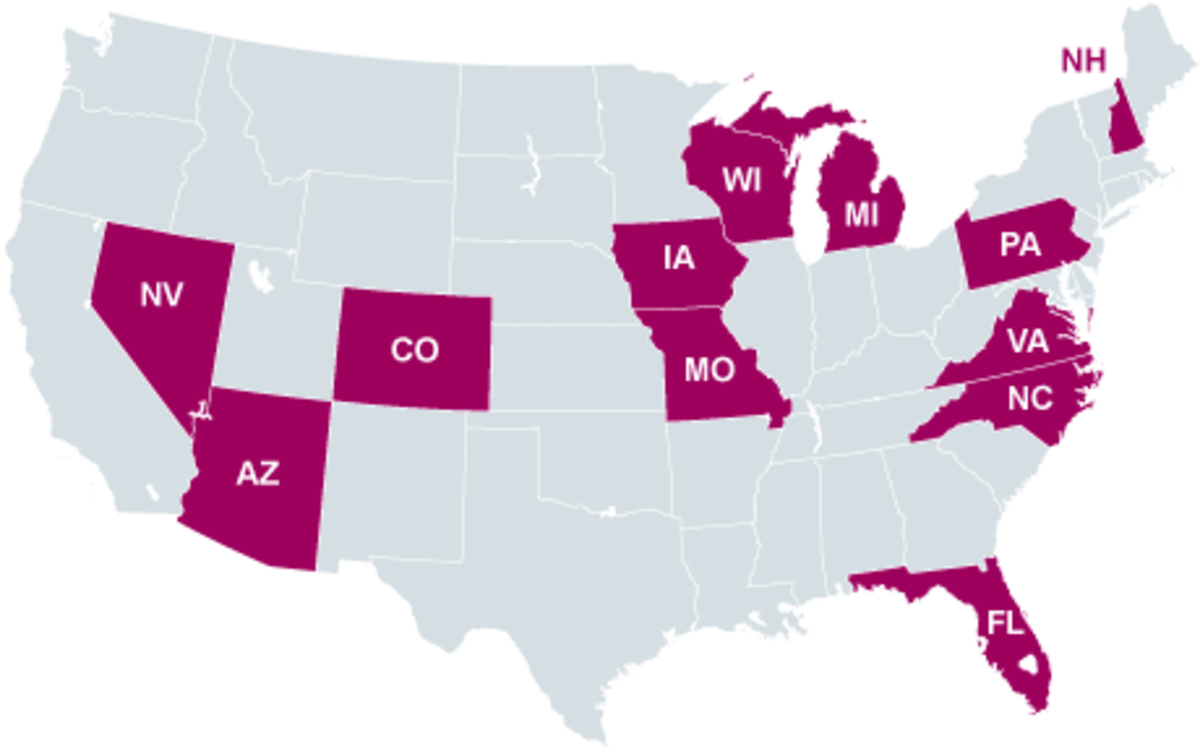The End of Our Democracy

A while back I wrote a highly critical piece of our electoral system called, “The End of Elections.” And our democracy is less and less democratic each election.
Our government has never been fully democratic. In the Constitution before the 17th through 27th Amendments were passed, Senators were selected by The House of Representatives and the vote was limited to white males over the age of 21. In many states, there were property and religious requirements for voting. The United States also accepted in its founding documents the institution of slavery. What could be less democratic?

Not only were the Europeans invading the land in an action that today would be deemed a breach of international law, they were killing the native inhabitants by the millions. And the ideological ancestors of the slave owners and men that perpetrator genocide against the native peoples are still ruling this land. Is genocide really the best way to start a democracy?

Certainly, I too have heard Churchill’s famous quip, “Democracy is the worst form of government, except for all the others.” Well, how about we try democracy some time then?
The U.S. Congress is not representative of the citizenry. The U.S. is 79% white, but 92% of the members of the Senate are white. (see citations 1 and 2 below) The House of Representatives, being the more representative of the two branches, has only 82% white membership. Women make up 51% of the U.S. but only 17% of both houses of Congress. And while only 4% of the U.S. citizenry is millionaires, over 50% of Congress is millionaires and their median income is over $1 million. Meanwhile, the U.S. median income is around $51,000. How are millionaires supposed to truly represent, identify with, and help us non-millionaires? They don’t.
People parade elections in front of us as if these dog and pony shows make it okay that the wealthy pass laws telling the lower classes how to live, what to pay in taxes, how their schools should be run, how the nation will spy on us, what countries we will attack, and so forth. How is this any different that feudal times of the middles ages, other than the pretense of democracy?
Let's stop the pretense that either party is working for us any more. Both parties work for the wealthy and elite and take from the labor of the working class, everyone but the moneyed elite. A few members of both parties might effort to work for their constituents, perhaps, but that just adds to the illusion that we live in a democracy where each individual has a say. We live in a top down "democracy" where the wealthy classes can buy elections and ultimately rule through power, money and political connections based on their class.
Money buys elections and gives corporations and billionaires a voice that the average citizen does not have. The Supreme Court in the Citizen’s United case rejected limits on corporate campaign spending by a 5-4 vote. That decision has lead to a dramatic increase in spending on campaigns, and that means that corporations have an even greater say in elections than ever before.
In 2008, Open Secrets investigated money in politics and found that the candidate with the most money won over 90% of Congressional races. Generally, you need money, not ideas, if you want to win an election. You must also water down your message so as not to anger your corporate and billionaire donors. And for those of you who think that union donating is a major problem, the fact is that corporations outspend unions by a margin of 15 to 1. (ibid: Open Secrets) Moreover, unions represent thousands of people, corporations represent individuals and a few board members. So, which is more democratic, a union or a corporate donation?
There are also the advantages of incumbency leads to electoral victories. These include getting free advertising at speaking events, visibility through your work in Congress that leads to larger donation pools, Congressional staffers to help incumbents run their elections, staffers they don’t have to spend extra for, and so forth.
So, our choices are limited by the two party system, money wins elections, not ideas, and there isn’t a level playing field for all candidates. However, we are sold the idea in the media ever election that we live in a democracy.
Other ways our democracy has been limited include indefinite detentions, spying, limits on free speech with laws that target protest, and other ways our freedoms have been limited by the two ruling parties.
What most people want is a system that is not rigged against them, their families, or friends, not a system that takes from the poor and gives to the 1%.
Republican legislatures have recently passed increasingly restrictive voting regulations. Two University of Massachusetts researchers analyzed voting laws from 2002 to 2012. They found that half of the states have passed voter restrictions, and they were mostly in the South. And the laws target minority and young voters, unlikely Republican supporters. Preventing legally registered citizens from voting and making it increasingly hard to become registered to vote is not democratic.

Meanwhile, most of the Democrats say, "Sorry kids, we can't help you now, we have campaign donations to roll over for. But we'd sure appreciate your vote, cause those other guys are REALLY bad."
Peace,
Tex Shelters








